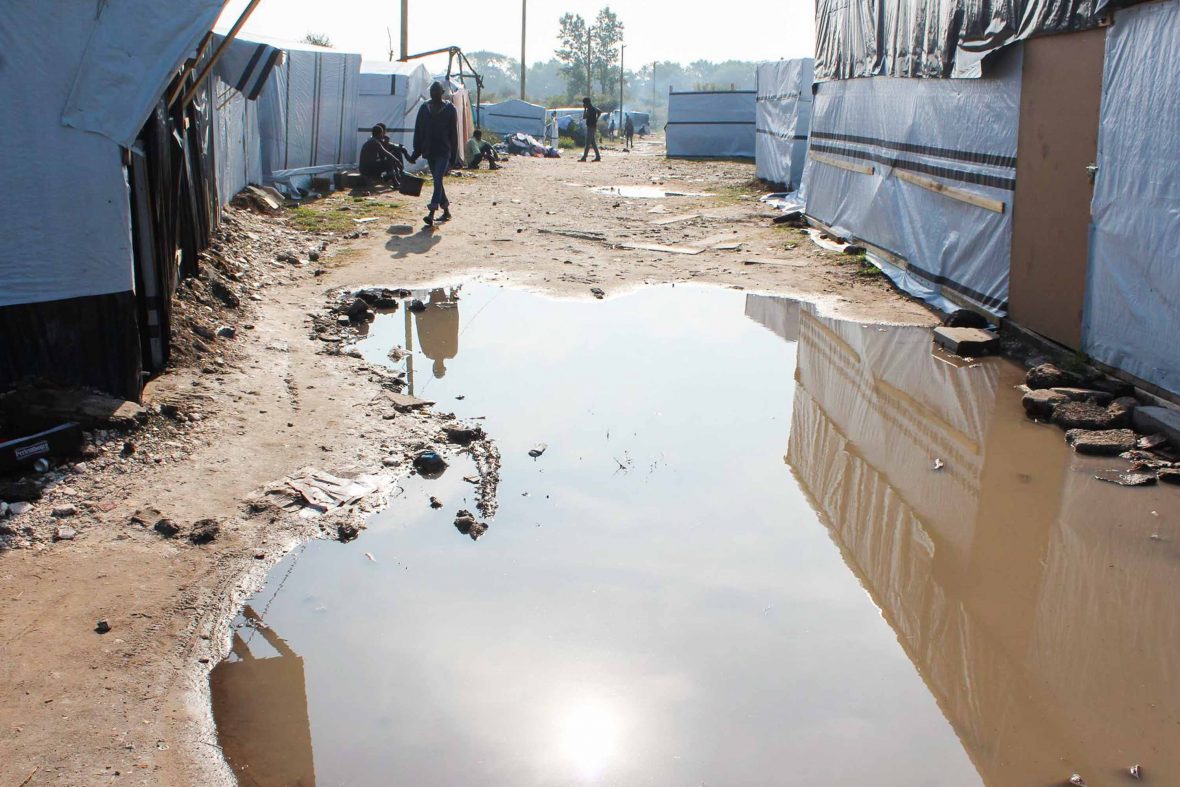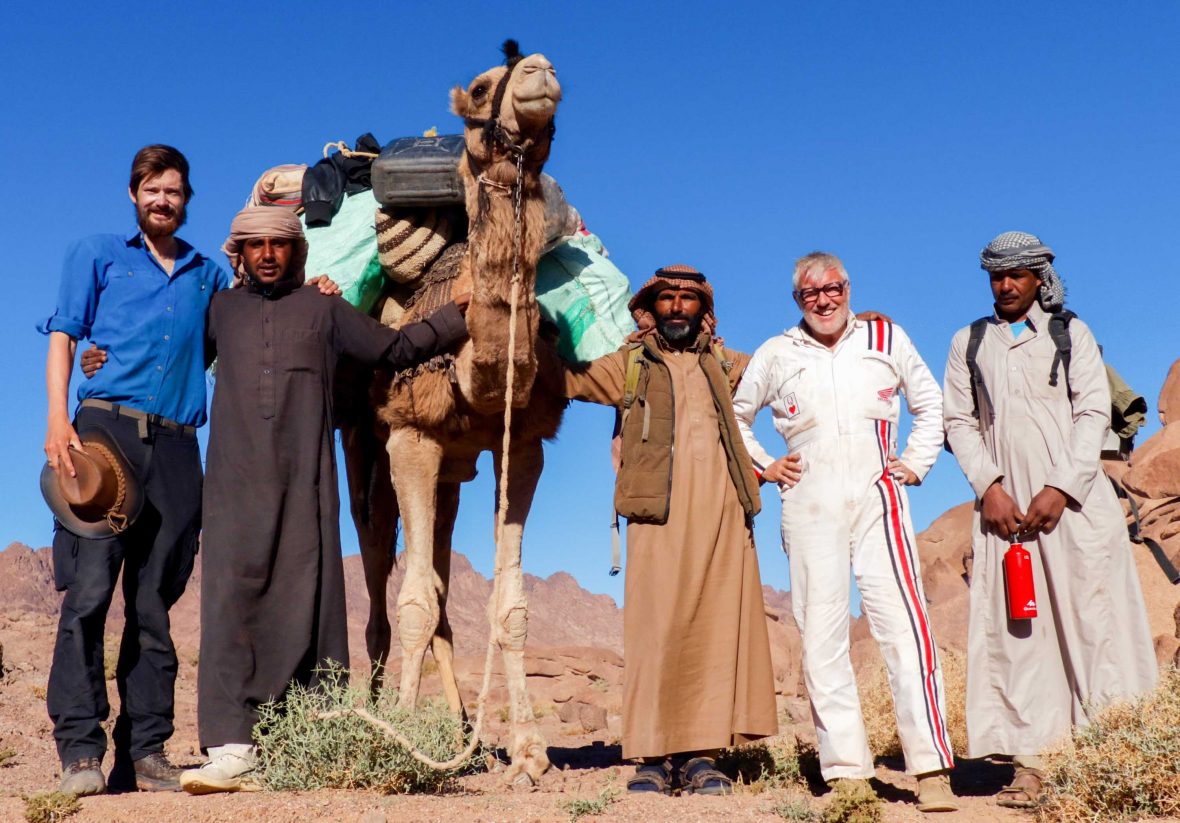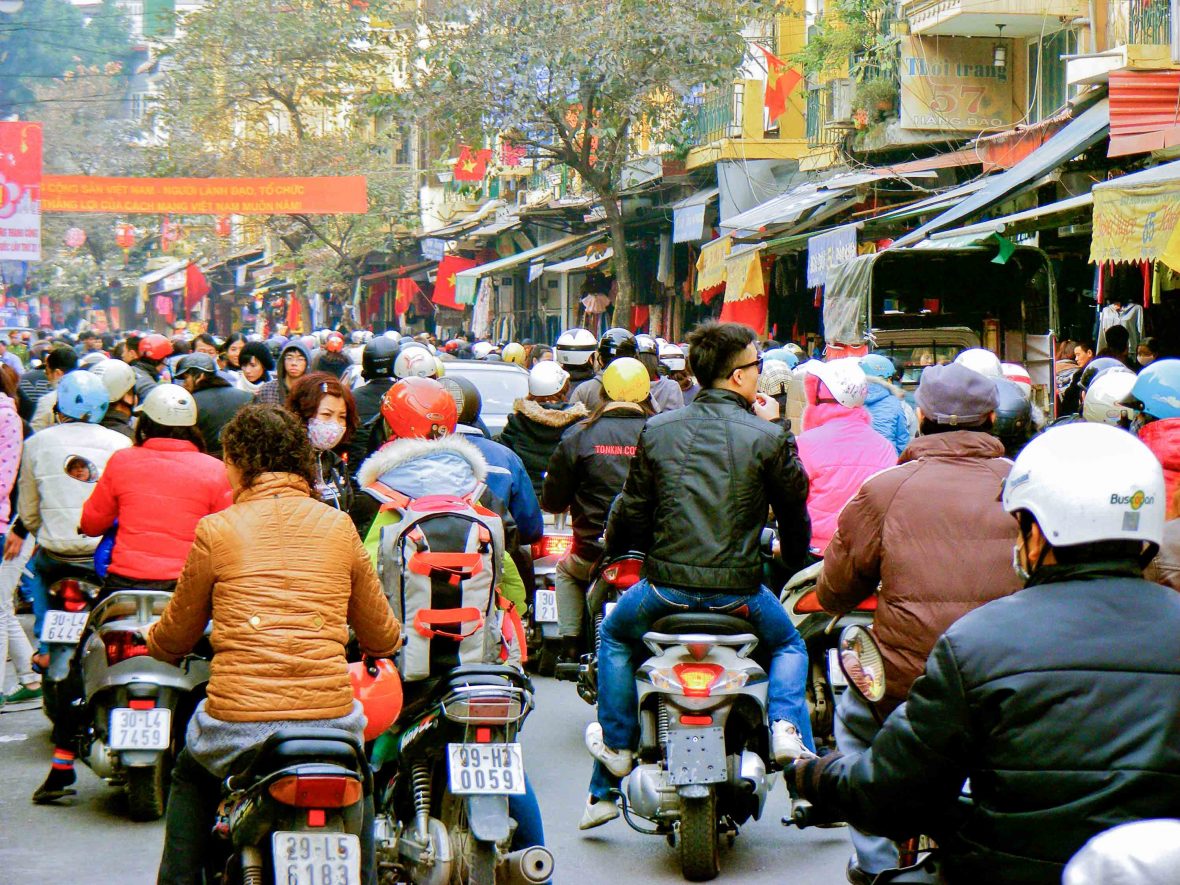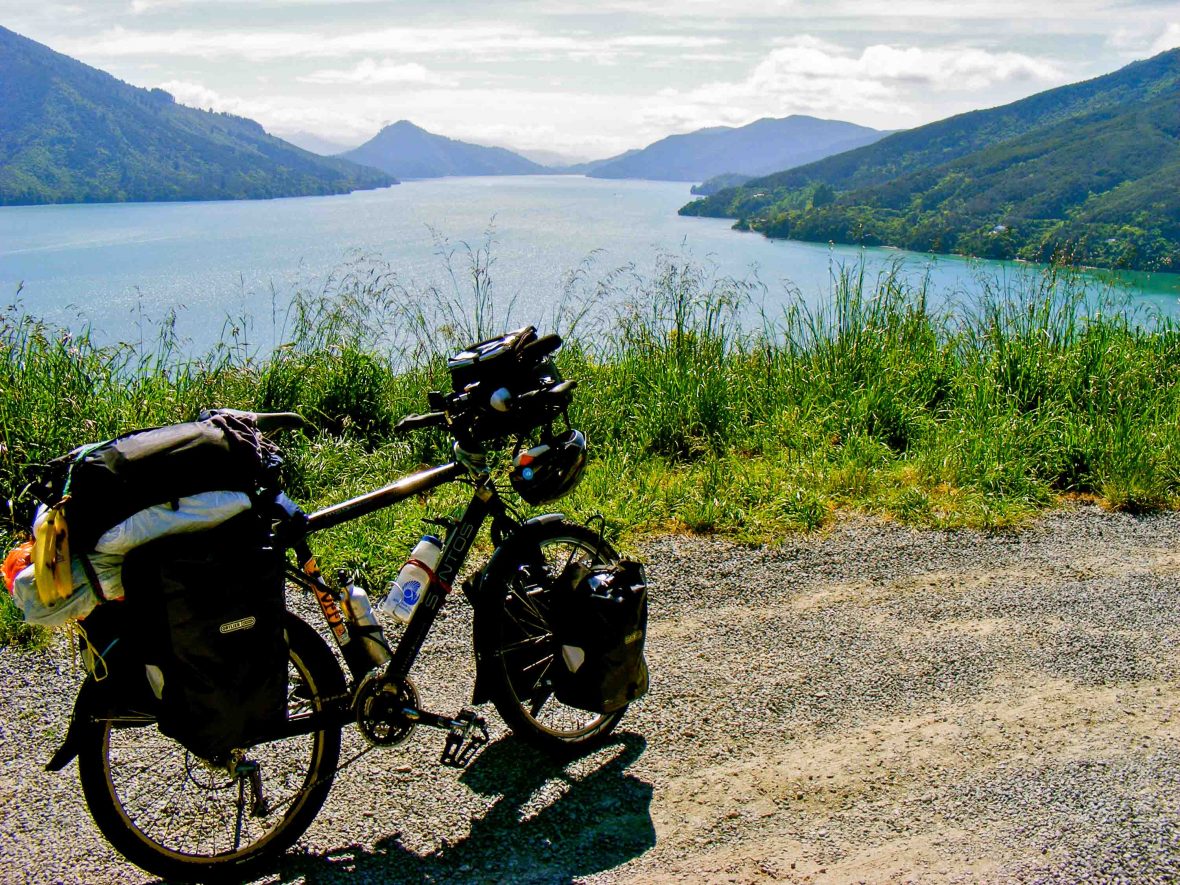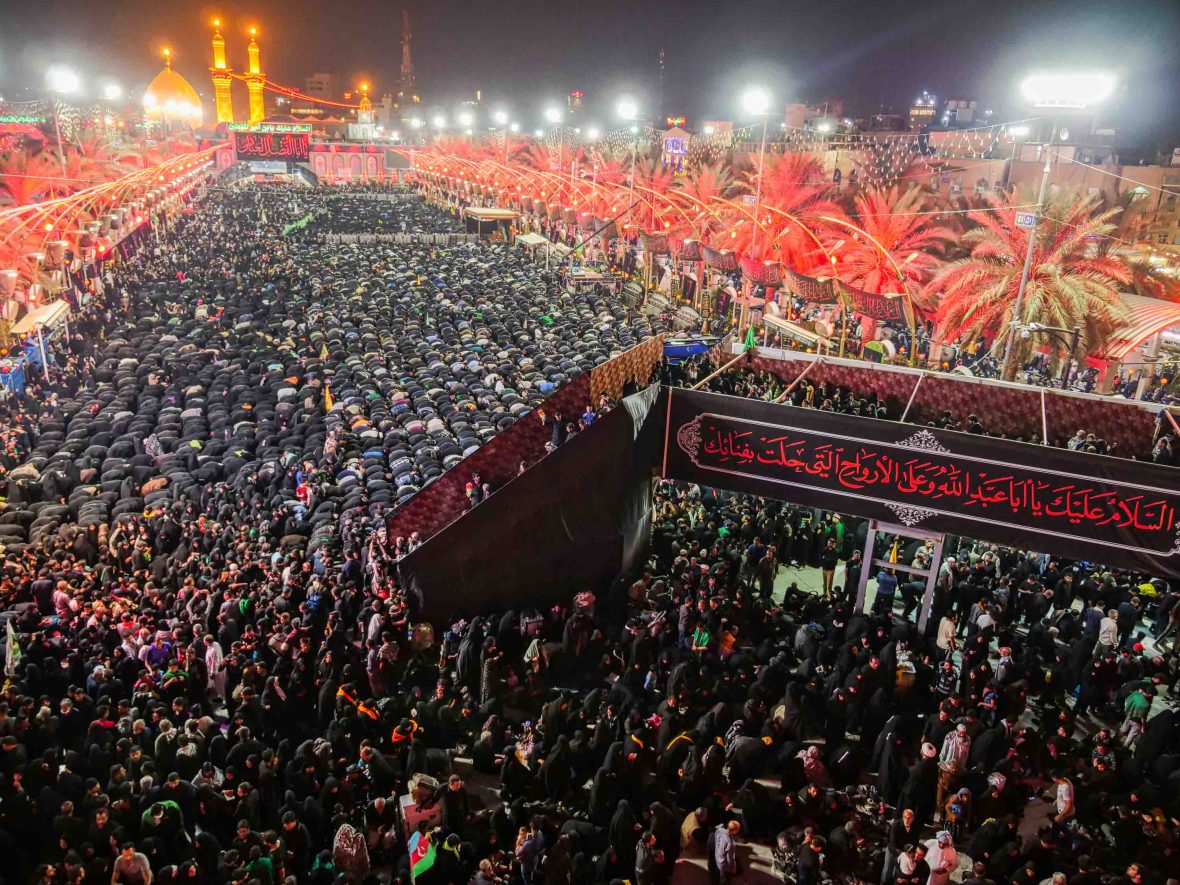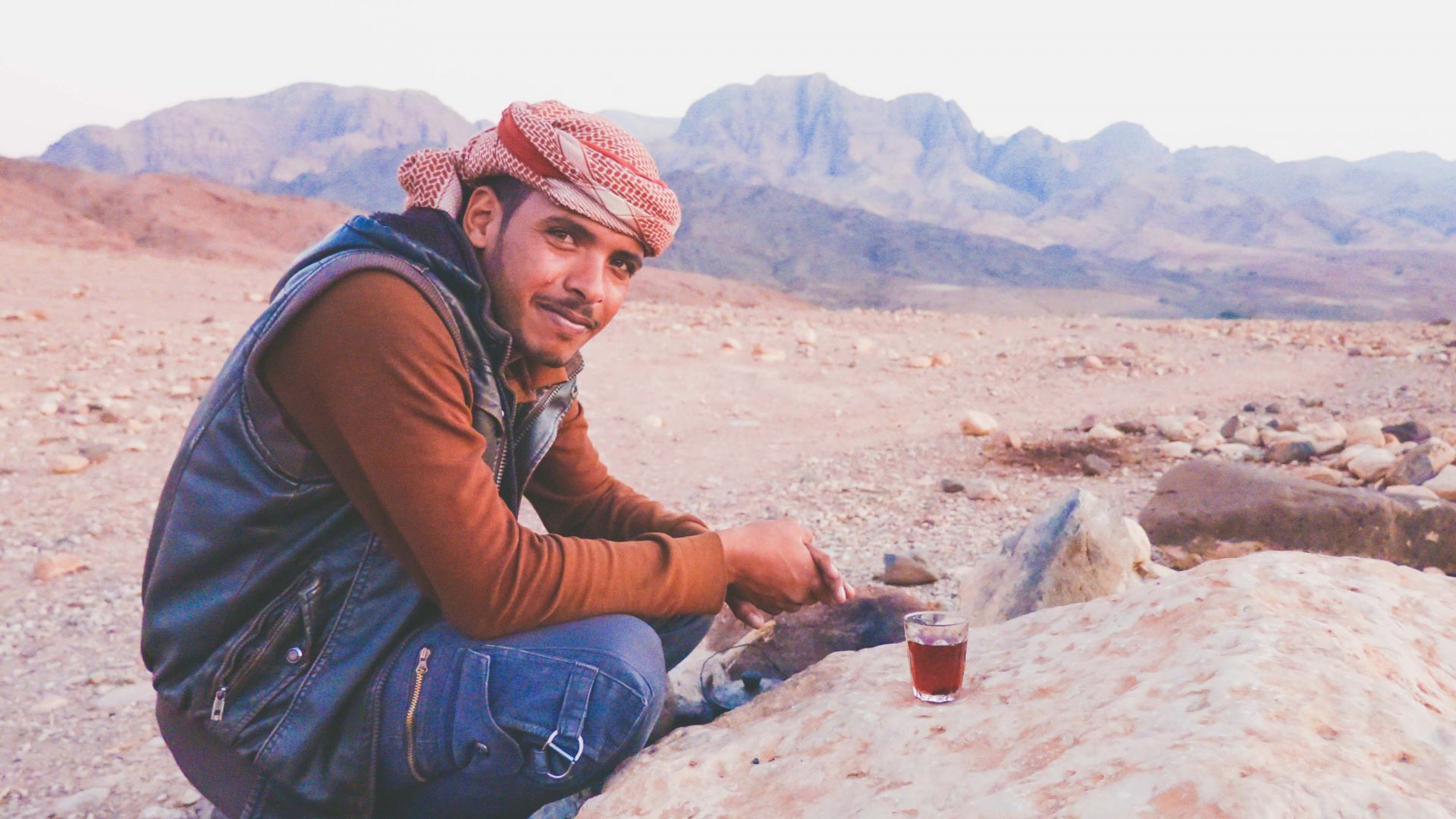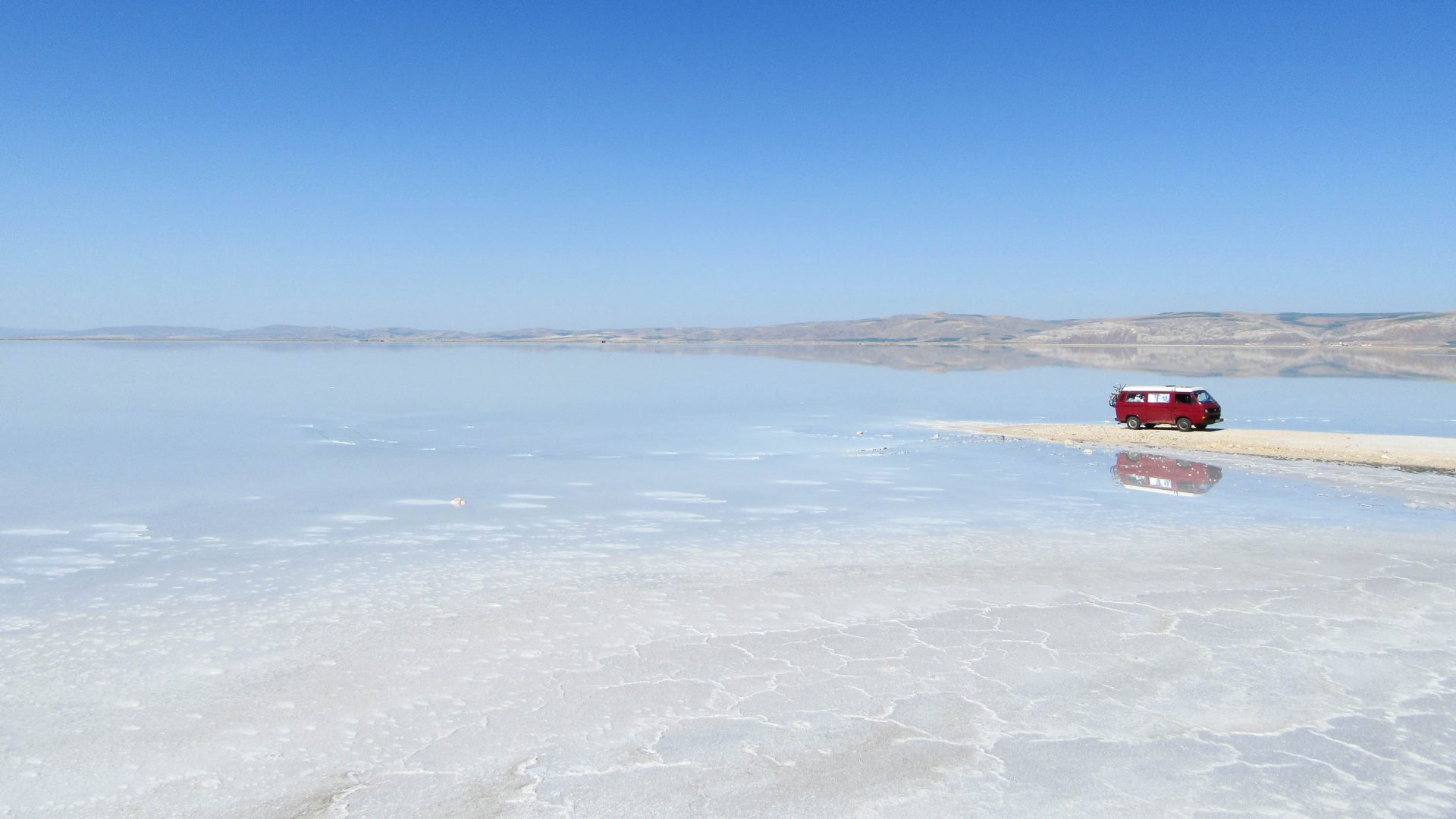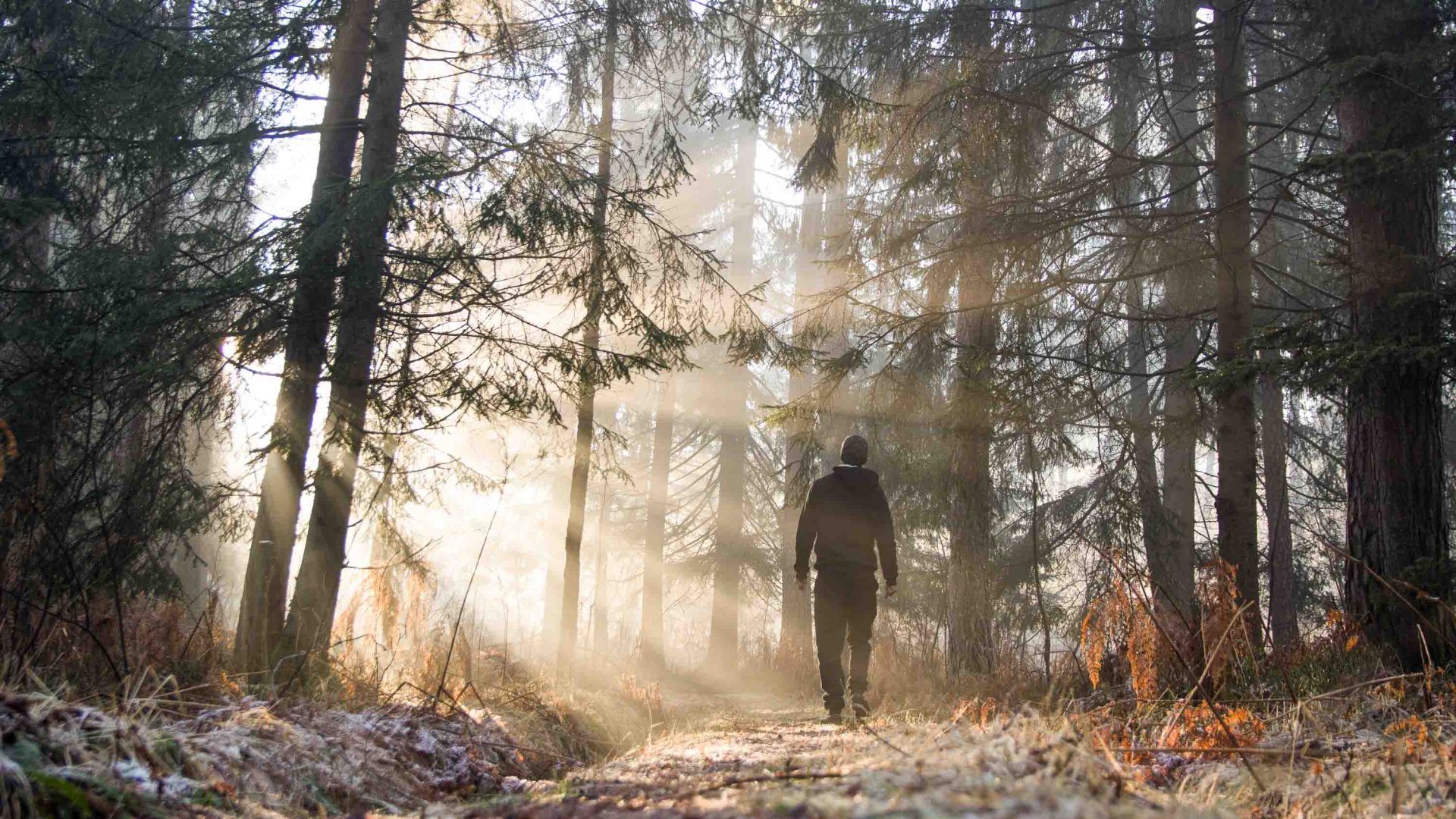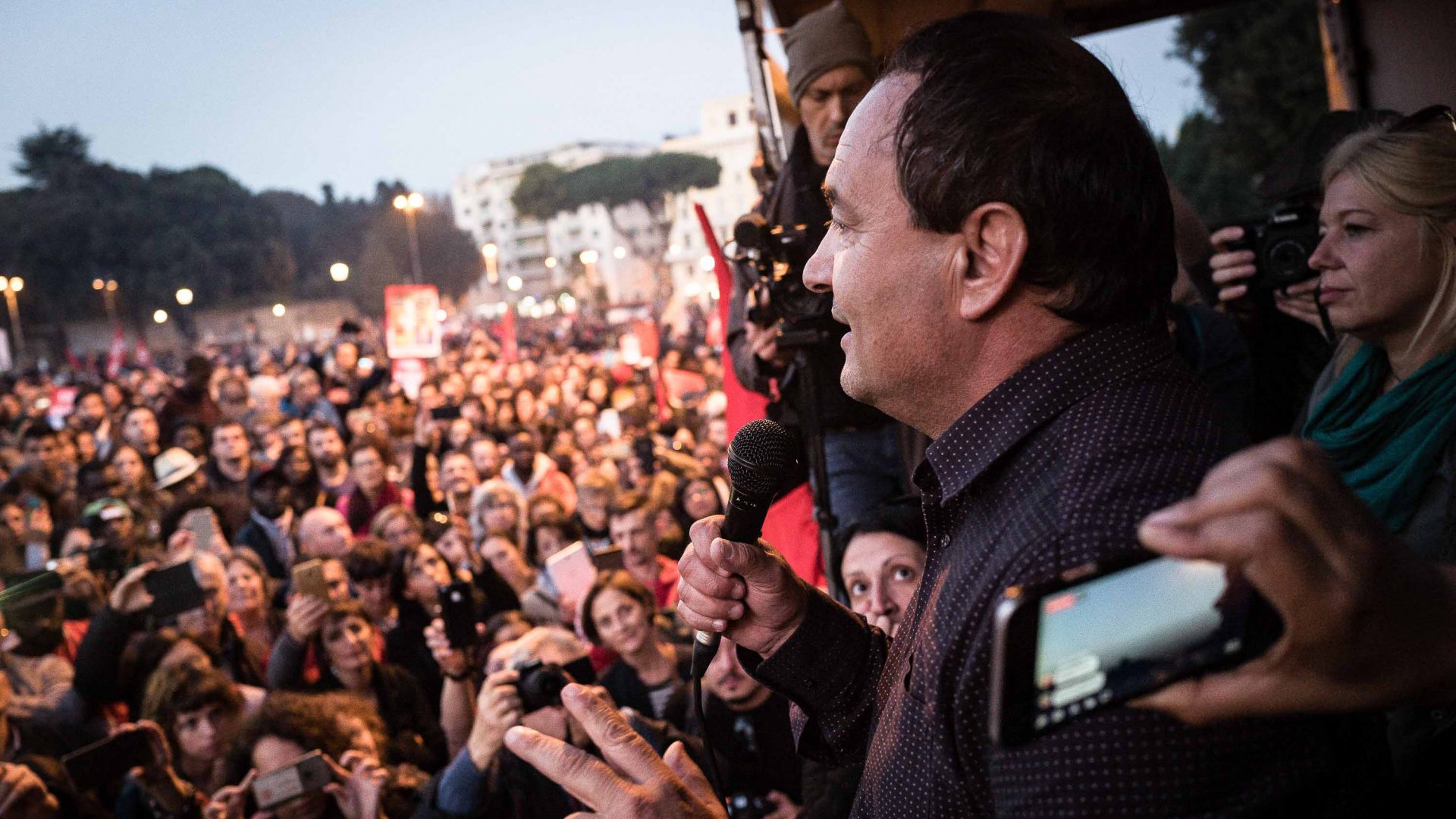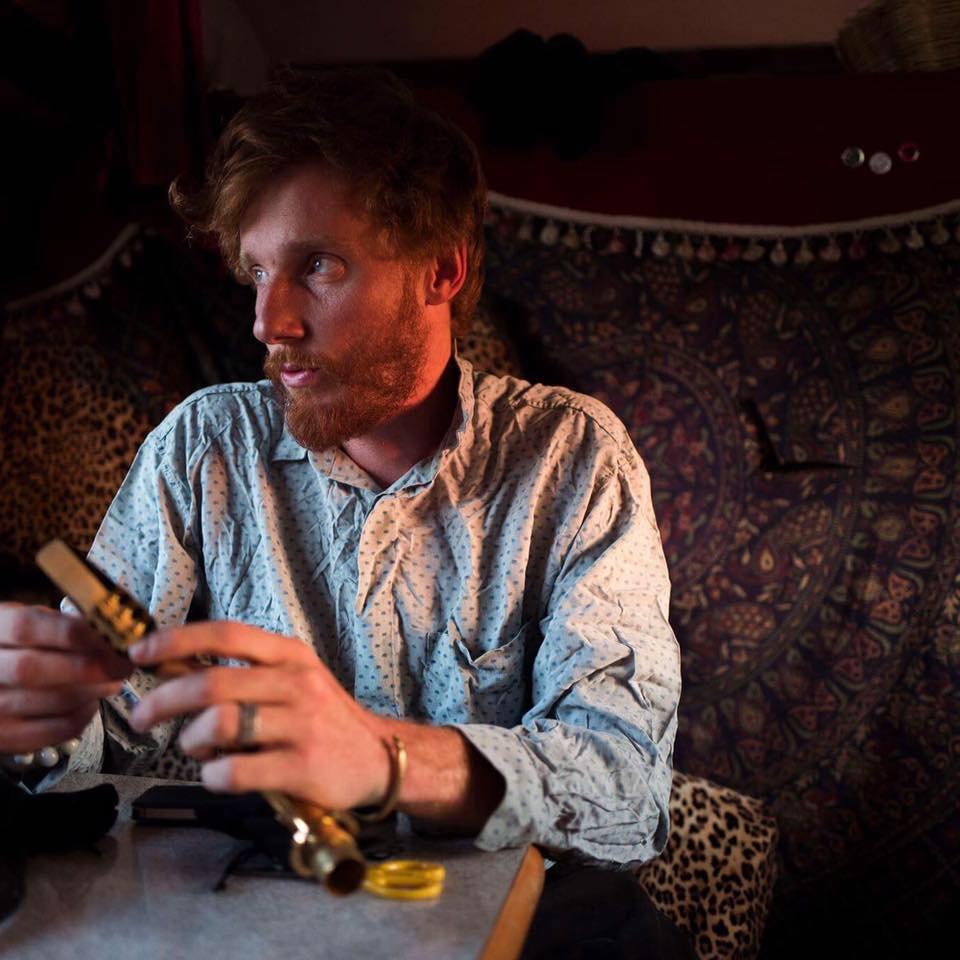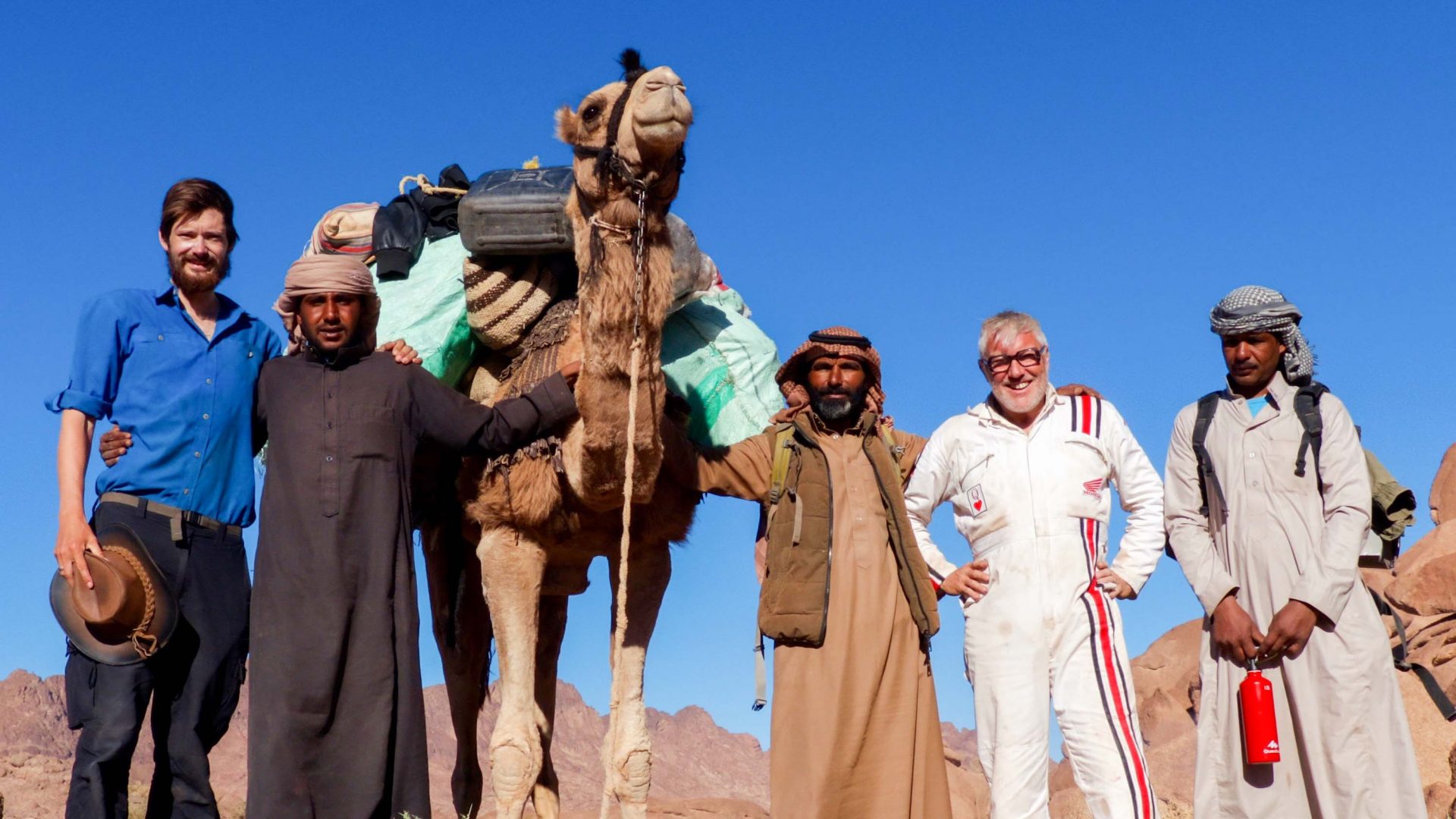
Editor’s note: This article was published before the coronavirus pandemic, and may not reflect the current situation on the ground.
Have you been helped by someone you’ve never met? Leon McCarron recalls the kind acts he’s encountered on the road, ones that remind him—and all of us—that the world isn’t as hostile as we may think.
A couple of years ago, I was asked to write an essay about kindness. It seemed like it would be rude to refuse.
The essay was eventually published in The Kindness of Strangers: Travel Stories That Make Your Heart Grow. For its editor, Fearghal O’Nuallain, the impetus for the book came from trip he and two colleagues made to the Jungle Camp in Calais. After years of traveling himself—times of vulnerability and putting himself at the mercy of those he met on the road—he describes being “shocked that people from countries where I’d been welcomed and met with hospitality were being treated so badly.”
The next step was to try and help those stuck in the refugee camps somehow. “We set up a platform to raise funds for refugees and tell stories to remind people of our shared humanity,” he says.

